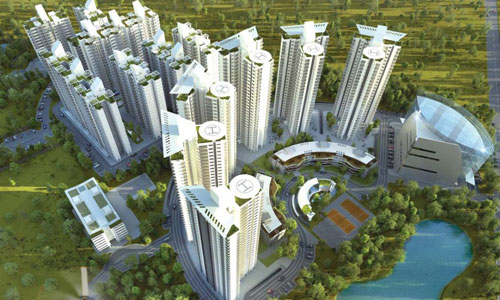
Red Fort Capital to raise $500 mn property fund
Red Fort Capital, an India-focussed real estate private equity firm,…

Red Fort Capital, an India-focussed real estate private equity firm,…
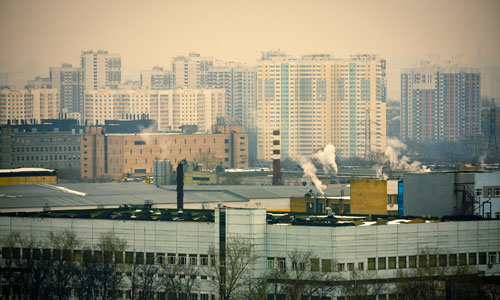
The anticipated demand is likely to exert an upward pressure on property prices especially in markets like NCR, Mumbai and Bangalore where the demand-supply gap is high.
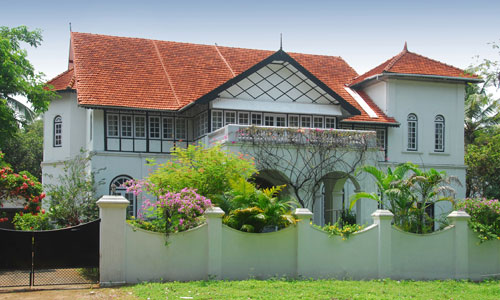
It may be momentary down because of rising interest rate, macro economic hue, affordability issues borne out of demand-supply mismatch and overall market sentiments, but forecast for the residential real estate is definitely robust.
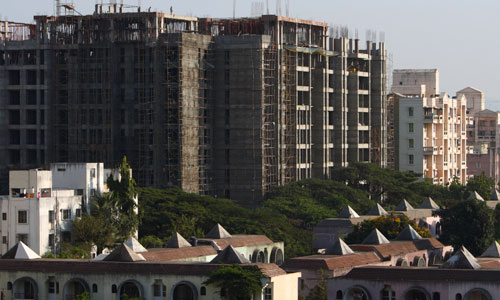
The year 2011 can best be described as a lackluster year for Indian real estate sector. There were several headwinds that prevented the sector from delivering to its full potential.
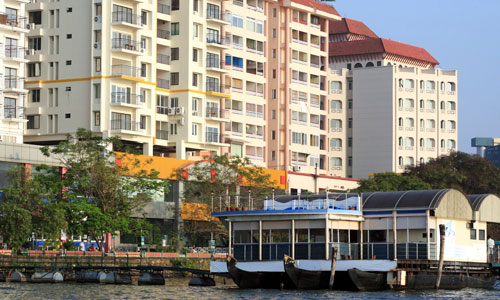
Though a depreciating rupee has its fall out on all other economic activity, it is rather helping the Indian property market.
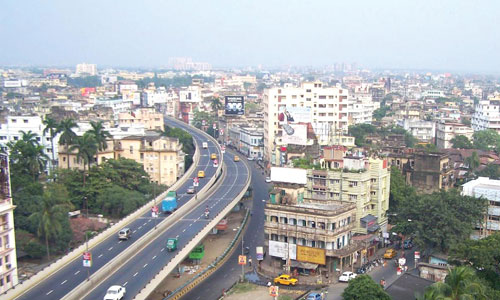
Even as global economic slowdown and uncertainty in financial markets have battered the real estate industry countrywide, properties in Kolkata and Chennai bucked the trend with steady demand in affordable and mid-segment housing.

People familiar with Mumbai’s residential market might be aware about the special provisions developers make in their upcoming projects; swimming pool, sports arena, theme gardens, podium park and much more.

If the current economic conditions have proved nothing else, they certainly prove that investment in Indian residential real estate is impossible to write off, ignore or find an alternative to.
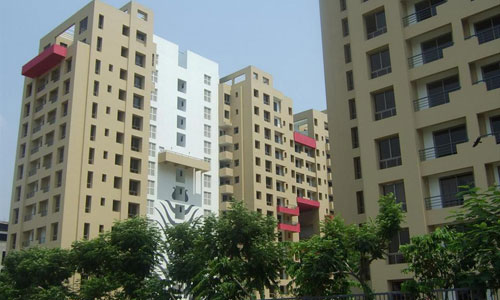
In one of the decade’s largest real estate deals in Kolkata, Ambuja Realty has acquired the RMZ block of Ecospace Business Park in New Town, Rajarhat, Kolkata.

Yes, it is possible to negotiate with residential property developers. As home sales continue to look sluggish in many parts of the country, developers are becoming more open to a bit of creativity on their stated terms.
